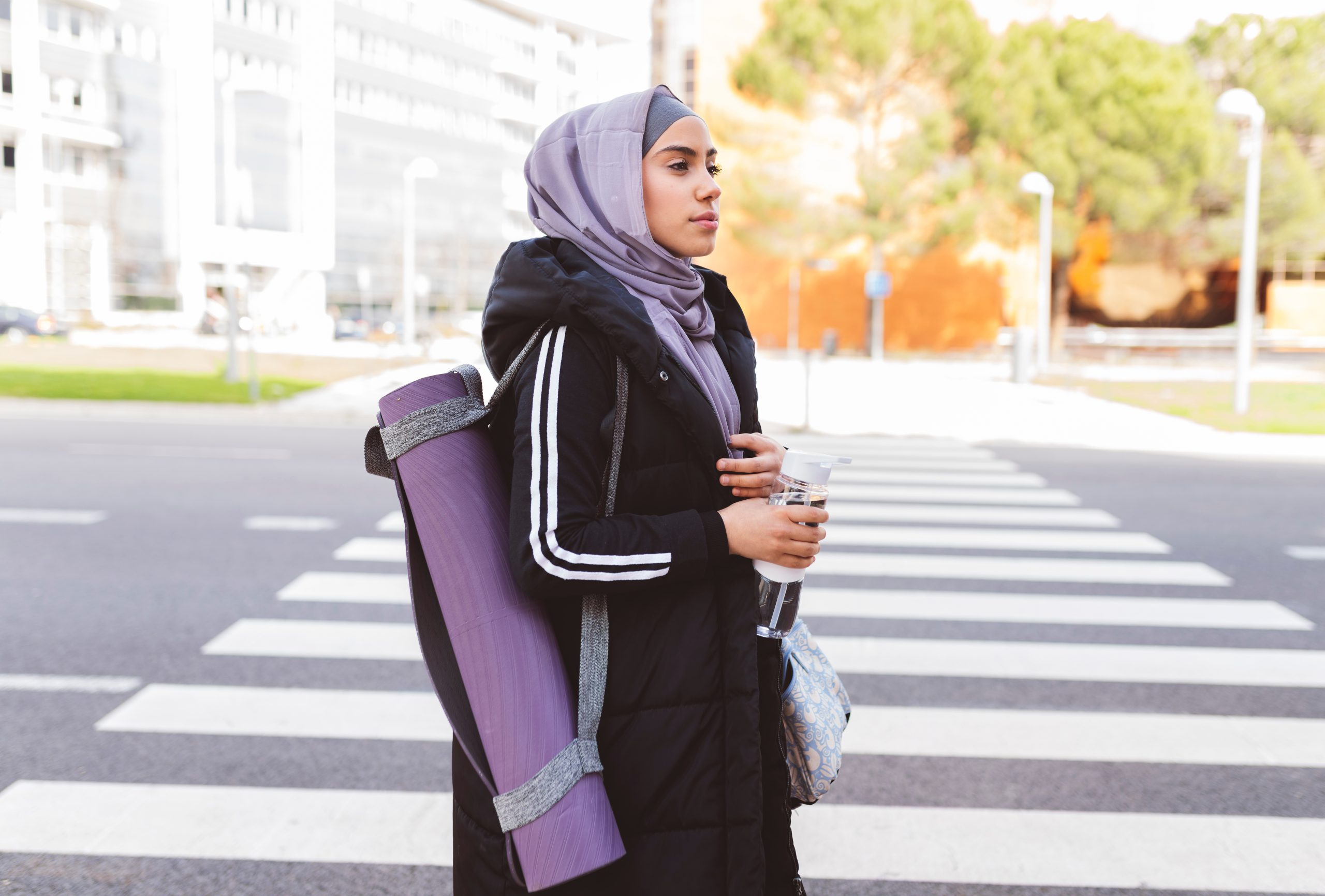As a young mum, I sought to redress the balance of martyrdom and sacrifice with some wholesome activities that serve physical and mental health, reduce feelings of resentment and enhance the relationships within the family.

I recently came across a beautiful quote from Tommy Douglas, a 19th century Canadian politician who said: “We are all in this world together, and the only test of our character that matters is how we look after the least fortunate among us. How we look after each other, not how we look after ourselves. That’s what really matters.”
I grew up in a household where my mother put her career as a dentist on hold for many years to raise me and my five siblings. She needed to re-qualify to work in her profession when we came to the UK in the 90s, which seemed a big commitment alongside her young children, so she never did. This still makes me feel sad.
As a first generation immigrant, it was about survival and navigating so many seemingly scary new experiences, far from extended family and the support they can afford. Looking after herself was low on her priority list. There was no exercise, going out with friends or pursuing hobbies outside the home. No one actively discouraged her from aspiring to do these things, there was just no culture of sport, travel or indeed any ‘fun’ without the family. Even the diverse city of London was devoid of opportunities for hijab-wearing women to undertake sports in comfortable and suitable environments, arguably this was a challenge for Muslim men in general too. I feel there was also a deep seated cultural expectation to be the best wife and mother possible, with a resignation that anything else would interfere with and undermine this role. Her family were her world and that was just how it was.
As we grew older and more independent, my mother started getting involved with the wider community and sometimes took trips to Umra, Hajj and Ziyarah. It was strange when she wasn’t home but we were happy she had found enjoyment, friends and fulfilment through these wholesome activities.
Other mothers in her generation who gardened or sewed found enjoyment through these activities which were still considered ‘motherhood friendly’.
Fast forward to my second generation motherhood today. Less of the survival mode, more of a focus on thriving both as a family unit and as individuals within it.
As a young mum, I sought to redress the balance of martyrdom and sacrifice with some wholesome activities that serve physical and mental health, reduce feelings of resentment and enhance the relationships within the family. The cosmopolitan city of London is now even more so, and female only sports sessions and clubs are more available, which has certainly helped.
I feel I have a deeper understanding of wellbeing through my health education, wider reading and further studies in mental health than perhaps my mother did. I also enjoy reading, long walks and nights out with my husband or with friends. I feel spending this time alone or on activities I deem enjoyable has enhanced my relationships both within and without the family. It has allowed me to introspect, realign my goals and evaluate what matters, even become more spiritual.
But in finding enjoyable activities, fitness, fun and travel, I find myself asking, how much is enough? Does it ever feel enough? Enough travel, enough fun or enough relaxation. And at what point are we crossing over from self-care to self-sabotage…?
In 2008, The New Economics Foundation published a report that identified 5 key actions to enhance overall wellbeing. These were:
- Social connection
- Physical Activity
- Noticing and awareness
- Learning
- Giving
These categories are now recognised by the National Health Service in the UK, as well as mental health charities like MIND to help direct people and communities at large towards changes that benefit their overall health and wellbeing. I feel these categories, albeit broad, can be a good guide to help differentiate the self-care activities that serve us and those around us, from the activities that simply don’t. Self-care activities that fit into these categories can help us develop and grow as well as being fun and restful.
So that may take care of the what… but how much self-care is the right amount?
Self-care is a phrase that has come to denote ensuring our wellbeing is not neglected as we also care for others, as mothers, carers, employees. And why not? After all, it is impossible to be at our best and give our best to others if we are suffering with ill health, exhaustion or resentment. The giver must have something to give. Looking after our physical and mental health, which are undeniably inextricably linked, allows us to be better contributors to our loved ones and to society.
I started with the quote of a Canadian politician, but it struck me that Islam encourages the very same outlook. The well -known saying of the Prophet goes: ‘Each of you is a shepherd/caretaker and each of you is responsible for his flock’. Our roles on earth are described in the Quran as Khaleefa of Allah, meaning representative, leader or vicegerent. One who is here to take care of matters and deputise for God. A great honour but also a great responsibility.
On this leadership journey we are armed with resources, some unique, that Allah has blessed us with –time, health, wealth, maybe compassion, listening skills or artistic tendencies. Anything we find easier than those around us is a resource, a superpower we can use to send a ripple of positive change into the world.
The Prophet says in his sermon welcoming the holy month of Ramadan that ‘your breath during Ramadan is Tasbeeh’ and ‘your sleep in Ramadan is worship’. The very mundane daily tasks become a form of worship we can be recognised and rewarded for. Why? Because the intention and purpose – to serve Allah and fast the next day- elevate them to that status.
Self-care can be the practice of taking care of our mind, body and soul so that we may become a powerful vessel of Allah to serve others. A recharging of the batteries and alignment of the purpose to enable us to fulfil this position to the best of our ability, whether it is to look after our families, excel at work and display our best Akhlaq and manners to the world, so we can be the best of deputies and advocates for Islam.
Or it can be self-care that ends with the self, without purpose and direction. A little aimless, lacking intention and intentionality. Maybe this is self-indulgence more than it is self-care. Only we as individuals can decide where our fine line is between self-care and self- indulgence just as we must reflect to identify our own super power and where it is most needed…


